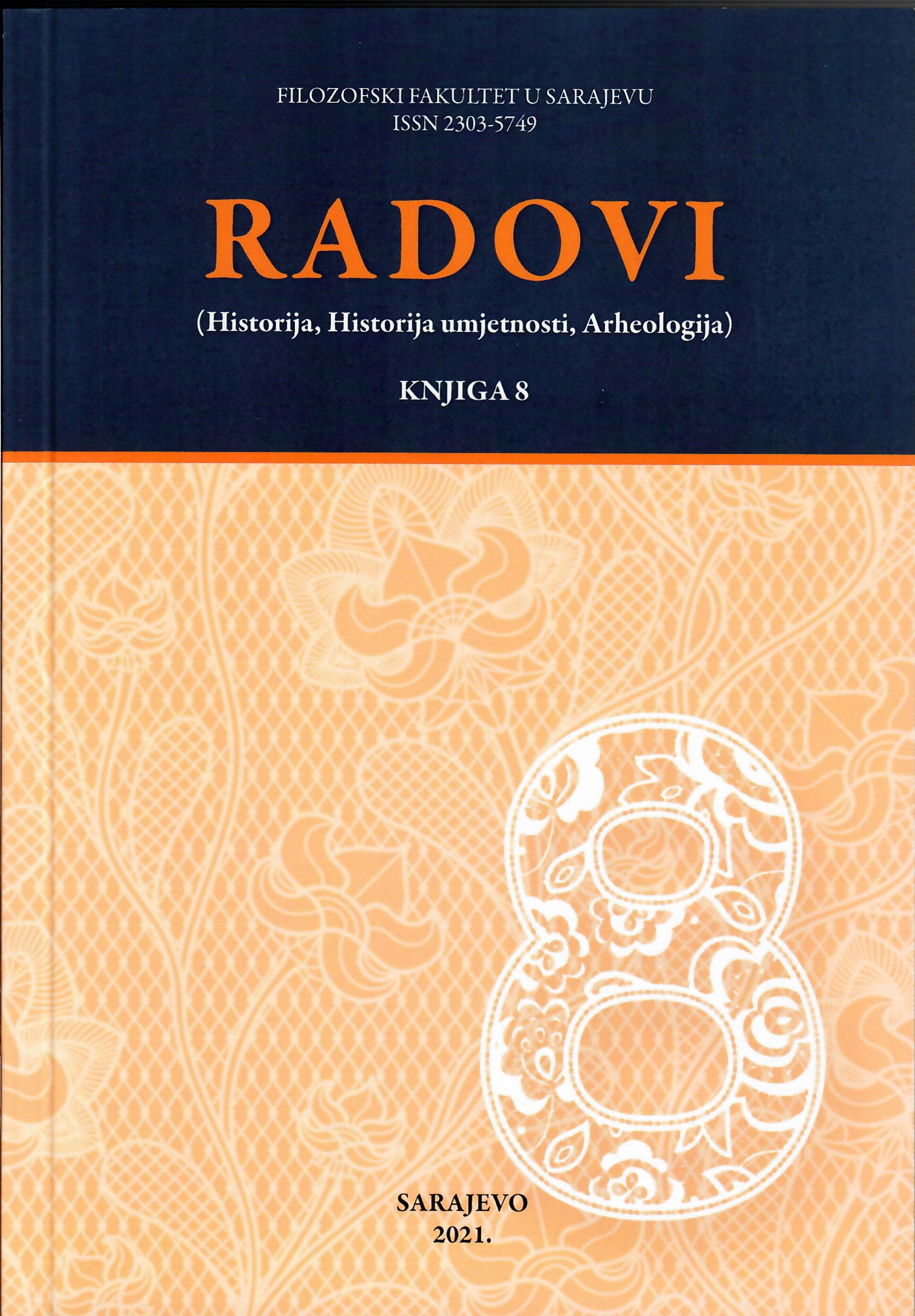“Meka” i “tvrda” moć u islamskoj literaturi političkih saveta
“Soft” and “Hard” Power in Islamic Political Advice Literature
Counsels to Rulers by Ibn al-Ṭiqṭ
Author(s): Vasileios SyrosSubject(s): Politics / Political Sciences, Social Sciences, Political Theory, Political Sciences, Sociology, Politics and law, Politics and religion, Politics and society, History and theory of political science, Sociology of Culture
Published by: Filozofski fakultet Univerziteta u Sarajevu
Keywords: Islamic political thought; medieval political advice literature; mirrors for princes; soft and hard power; Ibn al-Ṭiqṭaqā; Ibn al-Muqaffa‘; Ibn Khaldūn; Niccolò Machiavelli
Summary/Abstract: This article explores how modern leadership theories revolving around the distinction between “soft” and “hard” power are prefigured in medieval Islamic political writing. In particular, it advances a new interpretation of Ibn al-Ṭiqṭaqā’s al-Fakhrī (On the Systems of Government and Muslim Dynasties, 701/1302), focusing on the Arab historian’s narrative about the factors that resulted in the decline of the ‘Abbasid Empire and the rise of the Mongols as a world power. It also discusses Ibn al-Ṭiqṭaqā’s ideas on good government, drawing links to other major Muslim political theorists and historians, notably Ibn al-Muqaffa‘ and Ibn Khaldūn. Finally, this study examines Ibn al-Ṭiqṭaqā’s views on successful and failed leadership in a cross-cultural context through comparison with Niccolò Machiavelli’s Prince.
Journal: Radovi: Historija, historija umjetnosti, arheologija
- Issue Year: 8/2021
- Issue No: 1
- Page Range: 231-258
- Page Count: 28
- Language: Serbian

